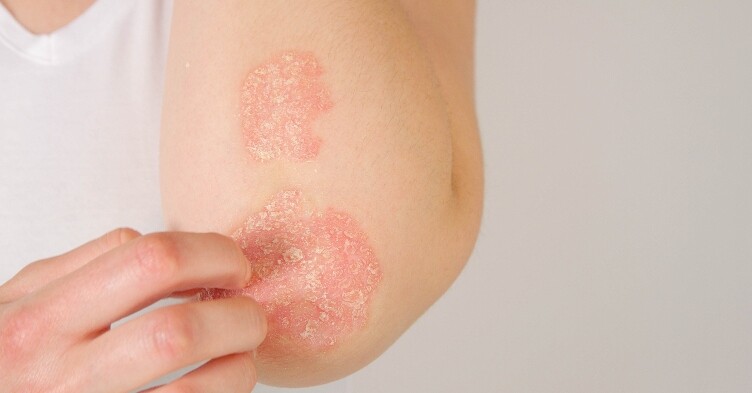Skincare during the festive time of year

You may or may not have noticed when shopping before Christmas that the shops were full of products and gifts for people’s skin, but have you ever considered what impact these have on yours and your loved ones. I don’t want to be a scrooge “bah humbug” but at this time of year we are bamboozled with what appears to be amazing offers, such as buy get one free or buy the cheapest half price. Then there are the sales!
Related Article: Call for regulatory guidelines as NHS adopts AI in dermatology care
Yes we have to watch our pennies and can easily be tempted by such offers. As a dermatology nurse I am far more vigilant about what I buy. I regularly read the ingredients of such products, as over the years I have seen situations where patients have used products to hide issues they are embarrassed about. For example, by over washing, adding bottles of bubble bath to each bath or over cleaning with the array of wipes that are now available for all body sites.
During my dermatology career I have also seen an increase in allergies associated with products applied to the skin. Not all reactions on the skin are allergic some may be an irritant reaction and the only way to determine if reactions are a true contact allergy is to be patch tested by dermatology teams.
Recently the British Association of Dermatologists released two press releases (see Resources). They highlighted the increase in hair dye and fragrance reactions in children and also that the levels of a preservative MI (Methylisothiazolinone) widely used in cosmetics, toiletries and household items need greater regulation as there has also been an increase in skin allergy associated with this preservative.
Related Article: Abdominal body fat is a higher risk for developing psoriasis
This is reflected in my clinical experience when caring for children with atopic eczema and also women with vulval eczema. Applying products to patients with already vulnerable skin increases their risk of developing both an irritant reaction and allergic reactions to these products.
So have a think about what you use on your skin over the holiday period. Also, take into account that it’s not only products applied to the skin that may cause problems but perfumes in fragranced candles, air fresheners and diffusers can also penetrate the skin barrier and potentially cause problems in patients with sensitive skin or eczema.
Related Article: CPD: Case by case – acute and emergency dermatology presentations
British Association of Dermatologists press releases – bad.org.uk/media/news

See how our symptom tool can help you make better sense of patient presentations
Click here to search a symptom


You may or may not have noticed when shopping before Christmas that the shops were full of products and gifts for people’s skin, but have you ever considered what impact these have on yours and your loved ones.



